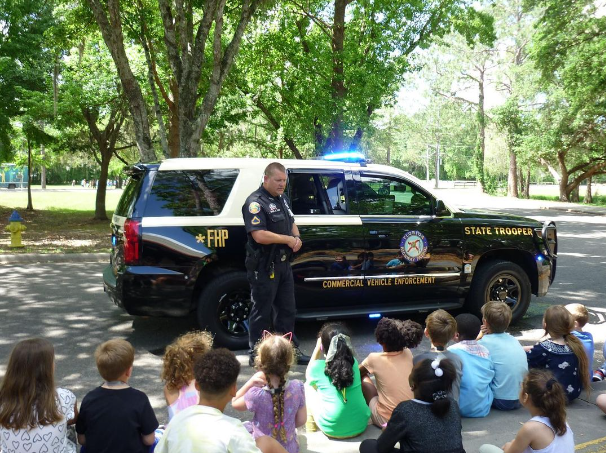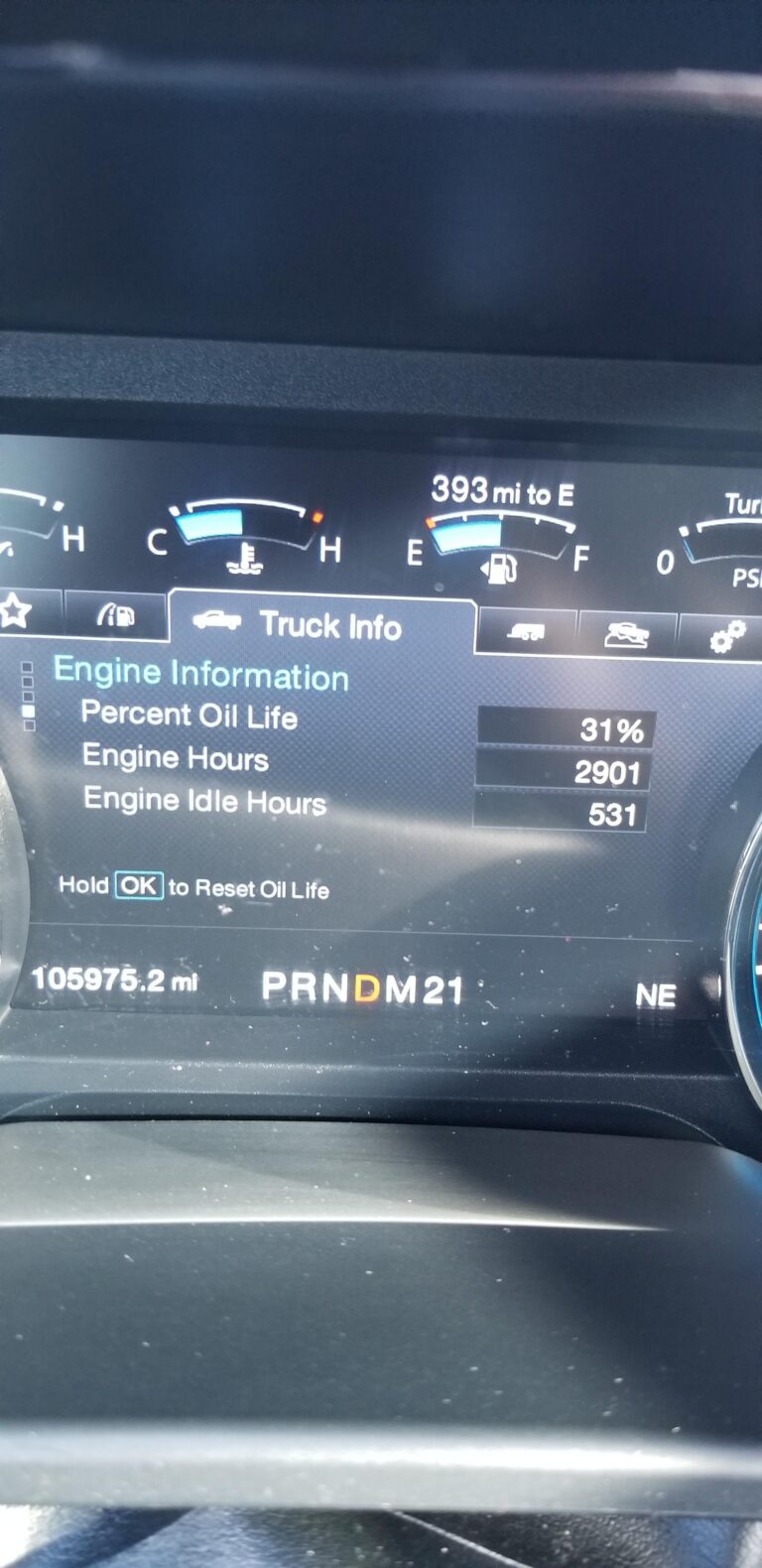Yes, motor carrier enforcement can pull you over if you are operating a commercial vehicle and are in violation of any motor carrier regulations or safety standards. Commercial vehicles are subject to monitoring and enforcement by specialized officers to ensure compliance with federal and state regulations.
These officers have the authority to conduct roadside inspections and may pull over commercial vehicles if they suspect any violations or unsafe practices. It is important for commercial vehicle operators to adhere to all applicable regulations to avoid being pulled over and facing potential penalties.

Credit: statepatrol.ohio.gov
Navigate As You Want:
Understanding Motor Carrier Enforcement
Motor Carrier Enforcement differs from local police authority in terms of jurisdiction and enforcement of traffic laws. Commercial vehicles can be pulled over by local police, depending on the jurisdiction they operate in. However, the enforcement authority and the specific laws that apply may vary across different states and localities. The Federal Motor Carrier Safety Administration (FMCSA) partners with state and local governments for conducting roadside inspections and safety audits. Commercial Vehicle Enforcement (CVE) officers are empowered to pull over truckers and commence roadside inspections without conventional probable cause as required by other law enforcement officers. For specific laws and regulations applicable to commercial vehicles, drivers should refer to their respective state’s laws and enforcement agencies.
Commercial Vehicle Inspections
Commercial Vehicle Enforcement (CVE) plays a crucial role in ensuring the safety and compliance of commercial vehicles on the roads. The CVE officers are responsible for conducting inspections, interventions, and safety audits to monitor carriers and enforce federal regulations for commercial vehicles. They work in partnership with state and local governments, including law enforcement agencies, to conduct roadside inspections and ensure that commercial vehicles are operating within the specified safety standards.
Commercial vehicles that operate across state lines are subject to the Federal Motor Carrier Safety Administration (FMCSA) regulations. These regulations apply to various scenarios, including interstate transportation of goods and services. CVE officers have the authority to pull over commercial vehicles and conduct roadside inspections without conventional statutory probable cause. They have the expertise to identify potential safety violations and take appropriate actions to remove unsafe drivers and vehicles from the roadways.
Enforcement Procedures
Motor Carrier Enforcement has the authority to pull over commercial vehicles for inspections and compliance checks. Enforcement procedures ensure road safety and regulatory compliance for motor carriers. Compliance with regulations is essential to avoid penalties and ensure safe operations on the road.
| Enforcement Procedures |
| Challenges in Enforcing Commercial Vehicle Laws |

Credit: nationalpolice.org
Collaboration Among Enforcement Agencies
- Interagency Cooperation for Safety Inspections
- Joint Operations to Ensure Road Safety
Faqs About Law Enforcement And Commercial Vehicles
|
Can Any Law Enforcement Officer Pull Over Commercial Vehicles? What Are Some Common Violations Leading to Inspections? |

Credit: fun107.com
Frequently Asked Questions Of Can Motor Carrier Enforcement Pull You Over
Can Local Police Pull Over Commercial Vehicles?
Yes, local police can pull over commercial vehicles based on their jurisdiction and specific laws.
Can Local Police Perform Dot Inspections?
Yes, local police can pull over commercial vehicles depending on their jurisdiction and state laws. They can perform DOT inspections and ensure safety on the road.
What Does Cve Mean In Police?
CVE in police stands for Commercial Vehicle Enforcement.
What Vehicles Are Subject To Fmcsa?
FMCSA regulations apply to commercial vehicles operating across state lines. Regulations also cover vehicles transporting hazardous materials or carrying nine or more passengers for compensation. Certain state and local laws may differ regarding police authority to pull over commercial vehicles.
Conclusion
While motor carrier enforcement agencies primarily handle commercial vehicle enforcement, local police officers may also have the authority to pull over commercial vehicles based on jurisdiction and state laws. It’s important for drivers to be aware of the regulations and requirements in different areas to ensure compliance and safety on the road.





